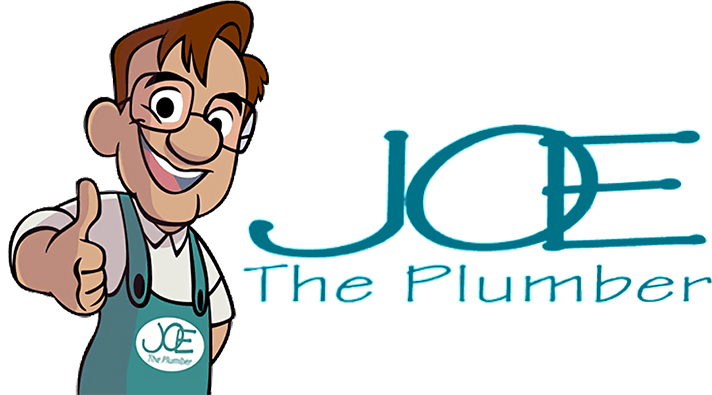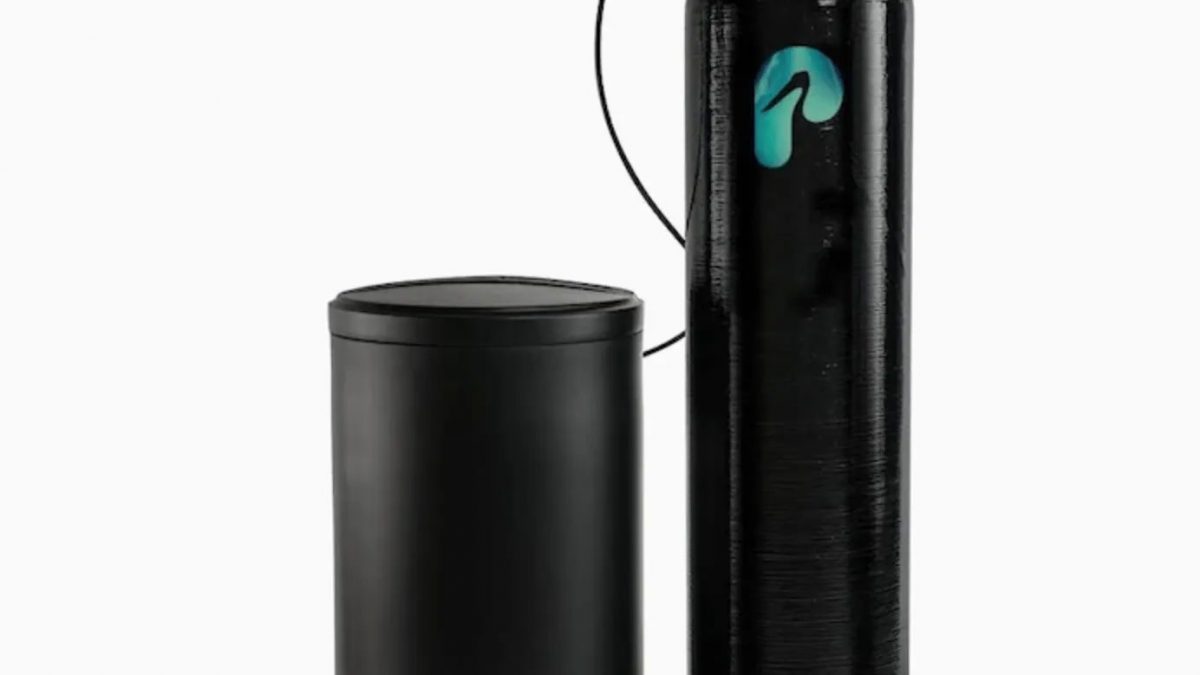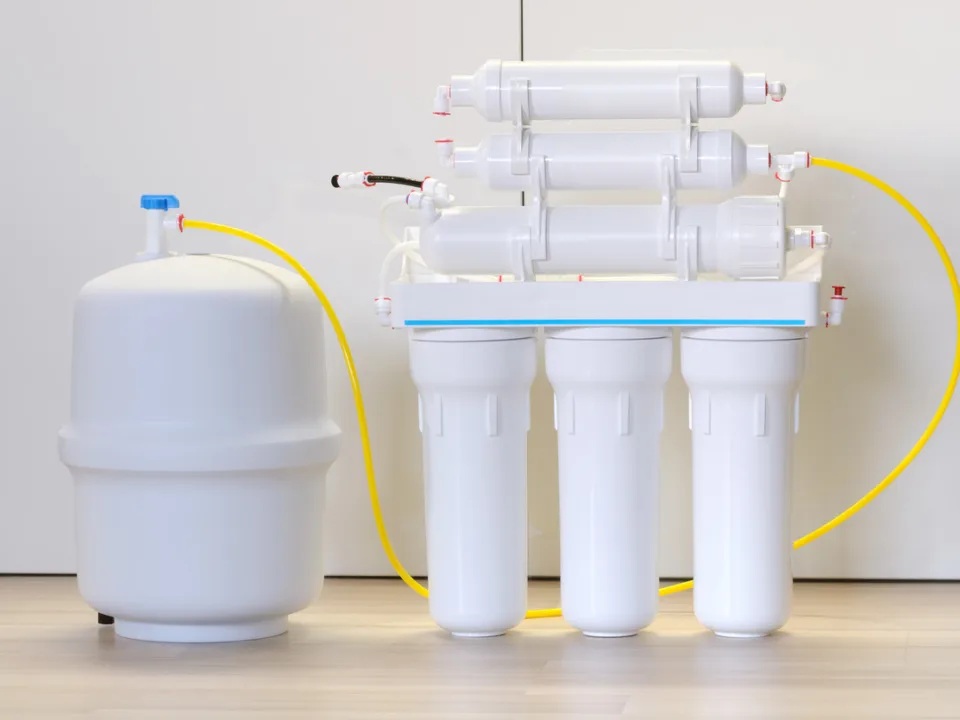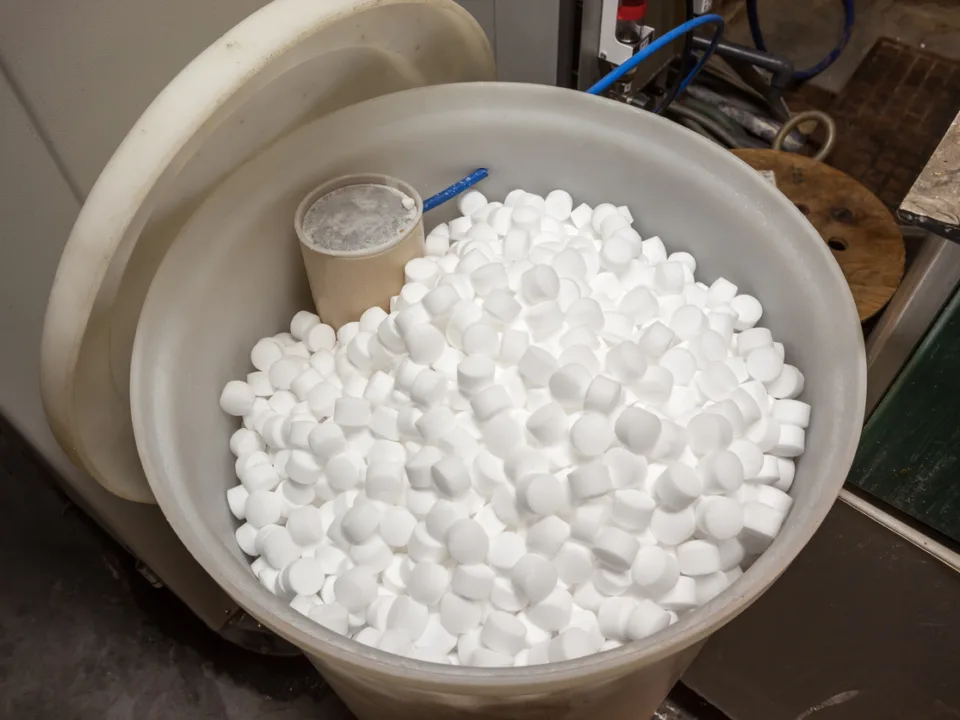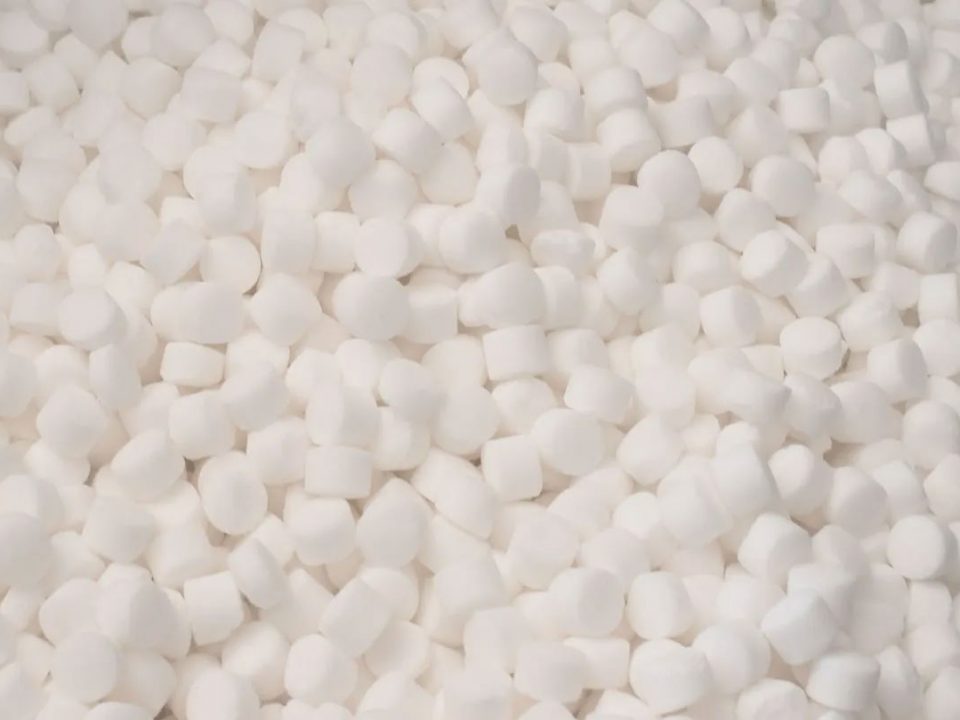Water Descalers vs. Water Softeners
Hard water is a common issue for homeowners, and it can cause numerous problems, from scale buildup on appliances to dry skin and hair. Two popular solutions to combat hard water are water softeners and water descalers. But which one is right for you? In this ultimate guide, we will delve into the key differences between water softeners and water descalers, their pros and cons, and how to determine which system best fits your needs.
What is Hard Water?
Before diving into water softeners and descalers, it’s essential to understand what hard water is and why it’s a problem.
Hard water contains high levels of minerals, mainly calcium and magnesium. These minerals don’t pose a health risk, but they can have a significant impact on your plumbing, appliances, and personal hygiene. Common signs of hard water include:
- Scale buildup on faucets, showerheads, and appliances
- Soap scum in sinks and bathtubs
- Dull or stiff laundry
- Dry skin and hair
- Reduced efficiency and lifespan of water heaters and other appliances
The main challenge with hard water is the scaling it creates when these minerals accumulate over time, particularly in pipes and heating systems.
Water Softeners: What They Do
A water softener is a device that removes the calcium and magnesium ions from your water, effectively turning hard water into soft water. This process is known as ion exchange.
How Does a Water Softener Work?
Water softeners use a resin bed filled with sodium or potassium ions. As the hard water passes through the resin, the calcium and magnesium ions in the water are swapped for sodium or potassium ions. This exchange results in softer water that won’t cause scale buildup in your plumbing or appliances.
Pros of Water Softeners
- Eliminates Scale Buildup: Water softeners remove calcium and magnesium from the water, which prevents scale from forming on faucets, pipes, and appliances.
- Improved Appliance Efficiency: Softened water helps appliances, like dishwashers and washing machines, run more efficiently by preventing scale buildup, extending their lifespan.
- Better for Skin and Hair: Soft water doesn’t dry out skin or hair like hard water can, making it a popular choice for those with sensitive skin.
- Softer Laundry: Clothes washed in softened water feel softer and are less likely to fade over time due to mineral deposits.
- Less Soap and Detergent: Soft water requires less soap and detergent to create lather, leading to savings on cleaning products.
Cons of Water Softeners
- Increased Sodium: Water softeners add sodium to your water. While the amount is generally small, it can be a concern for individuals on sodium-restricted diets.
- Higher Initial Cost: Water softeners tend to be more expensive than descalers due to their complex technology and ion exchange process.
- Regular Maintenance: Water softeners require periodic maintenance, including refilling the salt (or potassium) and cleaning the system.
- Water Waste: Some water softeners can produce wastewater during the regeneration process, which may be a concern in areas where water conservation is important.
Water Descalers: What They Do
Water descalers, on the other hand, don’t remove calcium or magnesium from the water. Instead, they alter the structure of these minerals to prevent them from sticking to surfaces like pipes, faucets, and appliances. Water descalers are often referred to as electronic or magnetic descalers.
How Does a Water Descaler Work?
Water descalers use either electromagnetic or electric impulses to change the structure of calcium and magnesium ions. This process prevents the minerals from forming hard scale deposits on surfaces, even though they remain in the water.
Unlike water softeners, water descalers don’t change the chemical composition of the water, meaning the hardness level remains the same, but the effects of scaling are reduced.
Pros of Water Descalers
- No Added Sodium: Since descalers don’t involve ion exchange, no sodium is added to your water, making them a healthier option for those concerned about sodium intake.
- Environmentally Friendly: Descalers don’t waste water during the treatment process, making them more eco-friendly than water softeners.
- Low Maintenance: Water descalers require little to no maintenance once installed, as they don’t rely on resin or salt.
- More Affordable: Descalers typically cost less to install and operate compared to water softeners.
- Prevents Scale Build-Up: While descalers don’t remove minerals from water, they effectively prevent scale from sticking to surfaces, which can reduce damage to plumbing and appliances.
Cons of Water Descalers
- Limited Impact: Descalers may not be as effective in areas with extremely hard water, where high calcium and magnesium levels can overwhelm the system.
- No Removal of Minerals: Unlike water softeners, descalers don’t remove minerals from the water. This means hard water stains, soap scum, and dry skin/hair issues may still persist.
- Not as Effective for Appliances: While descalers prevent scale buildup, they may not protect appliances as effectively as water softeners. Water heaters and boilers, in particular, may still experience mineral buildup over time.
Key Differences Between Water Softeners and Water Descalers
Now that we’ve explored the pros and cons of both systems, let’s break down the key differences between water softeners and water descalers.
| Feature | Water Softener | Water Descaler |
|---|---|---|
| Removes Minerals | Yes (calcium and magnesium are removed) | No (minerals remain in the water) |
| Prevents Scale | Yes | Yes, but less effective in very hard water areas |
| Adds Sodium | Yes | No |
| Maintenance | Requires salt/potassium refills and system cleaning | Low maintenance, no refills or cleaning needed |
| Water Waste | Some waste during regeneration | No water waste |
| Impact on Appliances | Significantly improves efficiency and lifespan | Reduces scale buildup but may not be as effective |
| Cost | Higher initial cost and maintenance expenses | Lower initial cost and operating expenses |
| Health Impact | May add small amounts of sodium to water | No impact on water composition |
Which System is Right for You?
Choosing between a water softener and a water descaler depends on your specific needs, the hardness of your water, and your priorities.
Opt for a Water Softener If:
- You live in an area with extremely hard water and want to remove minerals entirely.
- You want to eliminate the negative effects of hard water, such as dry skin, stiff laundry, and soap scum.
- You have appliances that are highly sensitive to scale buildup and need the most protection.
- You’re okay with adding a small amount of sodium to your water and are willing to invest in a higher-cost system with regular maintenance.
Choose a Water Descaler If:
- You’re looking for a low-maintenance, eco-friendly option.
- You want to reduce scale buildup without changing the mineral content of your water.
- You’re concerned about sodium levels in your water due to health reasons.
- You live in an area with moderate hard water and don’t need the full removal of minerals.
Which One is Best for You?
Although both water softeners and descalers make soft water possible, it’s important to choose a device that’s right for you and your home. It may be best to call a professional, as both devices work differently and require proper setup to ensure peak efficiency. For over twenty years, Joe The Plumber has lead the greater Houston area in plumbing expertise, customer service, and professionalism. For a free estimate or to schedule an appointment, contact us today. For the latest news, check out our blog.




